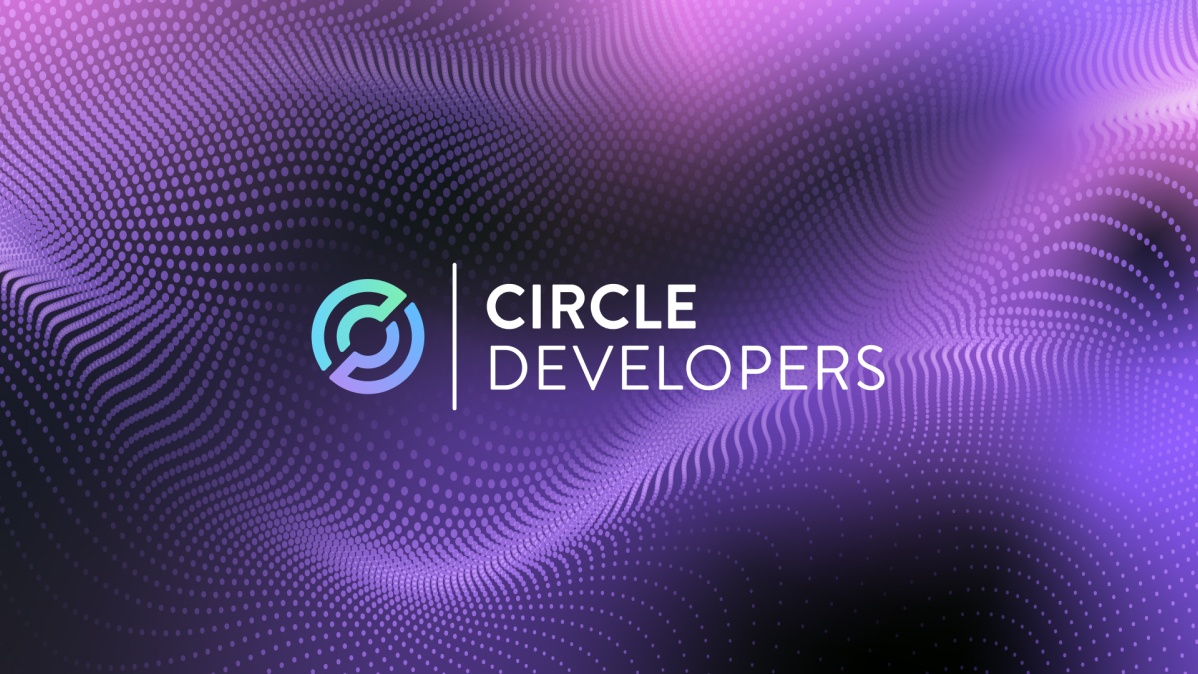
Circle Launches Testnet Token Faucet
The stablecoin operator owned by Jeremy Allaire now provides blockchain developers with a repository of testnet tokens to use in developing Web3 applications and tools.
Circle, the issuer of USD Coin (USDC), the second largest stablecoin in cryptocurrencies, has launched a faucet for its EURC and U.S. dollar-pegged token, ostensibly to foster innovation across many decentralized networks.
Test USDC and EURC will be accessible to developers via this faucet; they may subsequently implement them on testnets. Builders conduct dress rehearsals and assess blockchain applications in this staging area before the primary deployment.
On supported chains, including Ethereum, Algorand, Arbitrum, Base, Flow, Hedera, Near, Noble, Optimism, Polygon PoS, Solana, Stellar, and Tron, among others, the testnet tokens would be accessible for no cost.
Circle noted that the faucet is accessible to users on all Ethereum Virtual Machine (EVM) and non-EVM experimental networks where USDC and EURC are supported.
Testnet tokens and terminals serve as critical infrastructure components for blockchain developers to aid in the testing of smart contracts.
These components simulate the interaction between decentralized applications (dapps) and cryptocurrencies and stablecoins.
This instrument may represent a turning point in the stablecoin operator’s efforts to improve the utility of stablecoins in the earliest phases of on-chain development.
Circle also announced the release of two open-source protocols aimed at addressing the issues of crypto larceny and illicit finance in response to claims made by U.S. policymakers regarding the use of USDC by malicious actors for criminal activities. Circle refuted the claims.
The protocols, as stated by the organization, incorporate a recoverable token standard that facilitates reversible transactions.
In addition, the R-Pools initiative was introduced by Circle as an insurance fund for this novel token category.
